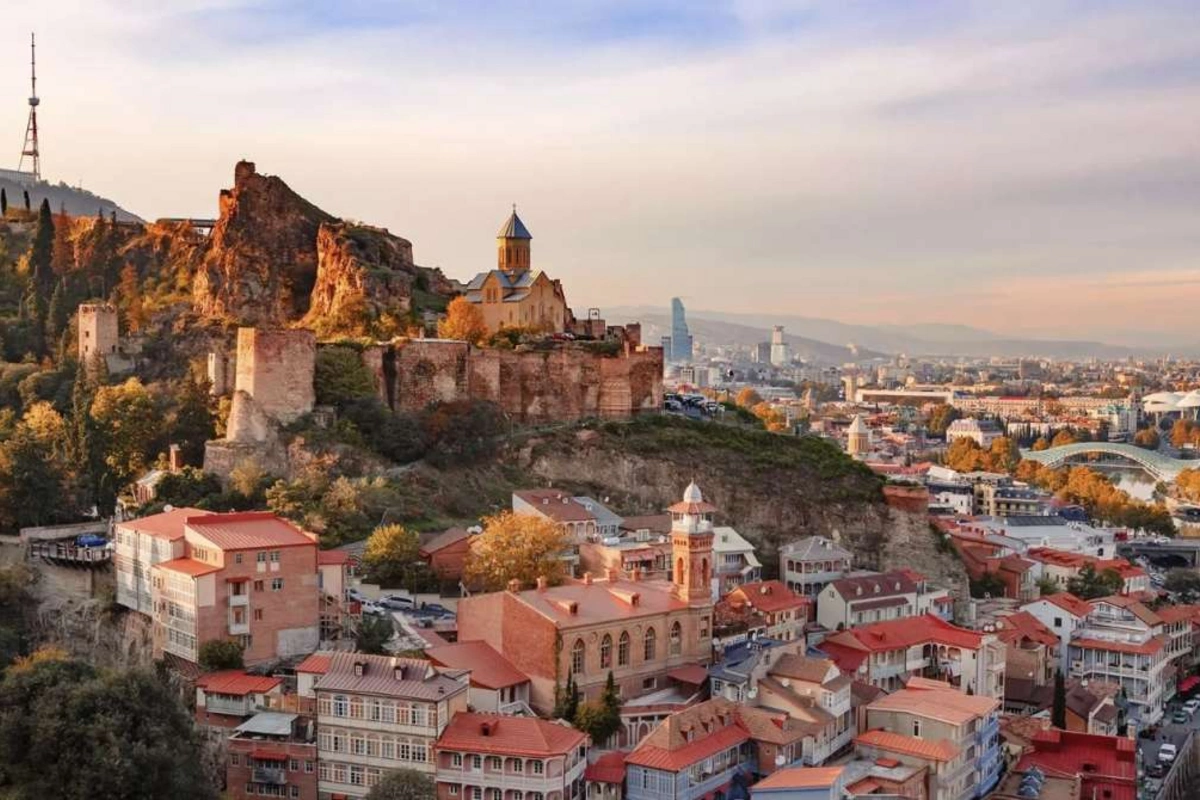
Azerbaijan is exploring new avenues for energy development, while Georgia, with its water resources and strategic geographic location, could play a key role as a corridor connecting the South Caucasus with Turkey and, subsequently, Europe.
Photo: www.entrepreneur.com
Georgia stands on the threshold of a crucial stage in completing its electoral process, which will determine the country's future political course. The ruling party, despite criticism from the West, continues to pursue a policy of balance, actively developing strategic relations with key countries in the South Caucasus, such as Azerbaijan and Turkey. This strategy gains particular significance against the backdrop of geopolitical shifts and the growing role of the region. At the center of attention are issues of energy, green policy, and the expansion of transport and economic corridors connecting the South Caucasus with Europe, The Caspian Post reports.
Firstly, the Georgian Dream party, having won the elections and convened parliament, must finalize the electoral process. This will conclude on December 29, following the presidential elections scheduled for December 14. By the end of the year, both parliamentary and presidential elections will have been completed, allowing the country to move forward. Currently, there are no indications of a shift in the ruling party's policy, which is entering its fourth term and aims to further strengthen ties with strategic partners not only abroad but also within the South Caucasus.
Given that some Western allies are not entirely pleased with Georgia's policy of balance, it has become crucial for the Georgian Dream and Georgia as a whole to secure support not only from the United States and the European Union but also from Azerbaijan, Armenia, Turkey, China, and Russia - countries that hold significant influence in the region. The current situation is pushing the ruling party in Georgia to seek alternative forms of cooperation, particularly within the region. This likely indicates further deepening of strategic relations, including between Georgia, Turkey, and Azerbaijan on one hand, and Georgia and Armenia on the other.
Previously, the Georgian political elite viewed the South Caucasus and the post-Soviet space as less desirable and primarily relied on Western guidance. However, following the fallout with the West, it has become clear that the role of the South Caucasus, its countries, and the post-Soviet region has significantly increased. Consequently, we can expect to witness an entirely new level of cooperation over time.
Prime Minister Irakli Garibashvili recently visited Baku to discuss green policies. It is evident that the European Union and other countries have a vested interest in cooperating with Azerbaijan. Azerbaijan, in turn, is exploring new avenues for energy development, while Georgia, with its water resources and strategic geographic location, could play a key role as a corridor connecting the South Caucasus with Turkey and, subsequently, Europe.
In terms of energy, Georgia is actively advancing green energy initiatives, focusing on leveraging its water resources. As noted by Garibashvili, there is ongoing cooperation with Azerbaijan in this area. Politically, Georgia aims to elevate its role in conflict resolution within the region. Strengthening its position as a mediator in regional disputes will likely remain a priority for Georgia's foreign policy.
Share on social media